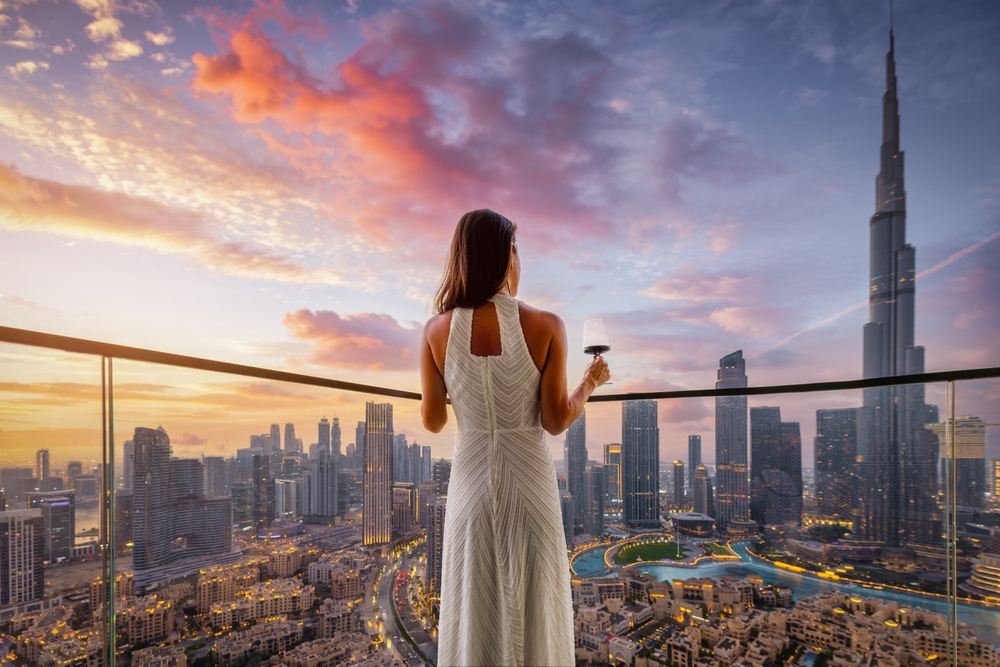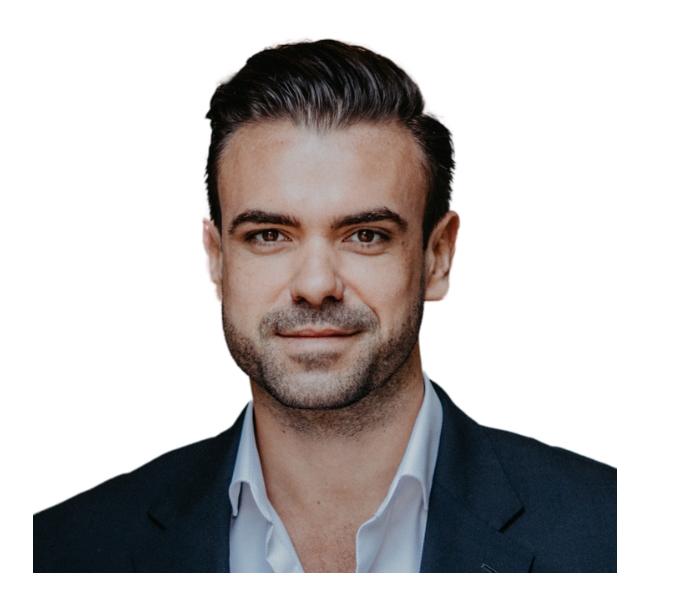Renting an apartment in Dubai can be an exciting but also challenging experience. When renting an apartment in Dubai, local laws and rental contracts are particularly important to consider. There are specific regulations that may differ from those in other countries. Potential tenants should also consider location in addition to cost. Depending on preference and place of work, location can be crucial.
Service charges and community fees can vary considerably and should be budgeted for.
To avoid unpleasant surprises, it is advisable to familiarize yourself with the conditions in detail before signing the contract. An experienced broker can be of great help here.
Location selection in Dubai
Choosing the right location in Dubai has a significant impact on everyday life, be it through proximity to key facilities or the quality of infrastructure and transport links.
Popular residential areas
Dubai has a variety of residential neighborhoods, each offering unique advantages. Downtown Dubai is known for its luxurious apartments and proximity to landmarks such as the Burj Khalifa. Dubai Marina attracts young professionals who appreciate the lively nightlife and marina. Jumeirah is particularly popular with families, thanks to its tranquil atmosphere and many parks. Business Bay is ideal for professionals who want to be close to the business centers. Each neighborhood offers different amenities to suit different needs.
Proximity to the workplace and schools
Proximity to the workplace is a decisive factor when choosing an apartment in Dubai. Long commutes to work can make everyday life considerably more difficult. Neighborhoods such as Media City and Internet City are ideal for workers in the technology industry. For families, choosing the right schools is equally important. Areas such as Al Barsha and Mirdif are known for their excellent educational facilities. International schools such as Dubai International Academy and GEMS Education offer world-class education and are present in various neighborhoods.
Infrastructure and transport links
A well-developed infrastructure makes everyday life much easier. Dubai has an extensive network of roads and public transportation. Residential areas such as Deira and Bur Dubai offer excellent transport links and are easily accessible by metro. The Dubai Metro service is efficient and connects key points in the city. Residential areas close to metro stations such as Jumeirah Lakes Towers (JLT) are particularly popular. Buses and streetcars complement the network and provide additional mobility. Essential facilities such as hospitals and supermarkets are easily accessible in well-connected neighborhoods.
Apartment types and properties
When renting in Dubai, the differences between apartments and villas, the living space and room layout as well as the condition and furnishings of the apartments are decisive.
Apartment versus villa
Apartments often offer centralized locations in high-rise buildings with modern amenities such as pools, gyms and security facilities. Villas, on the other hand, offer more privacy, outdoor areas and are usually found in quieter suburbs. For individuals or couples, an apartment may be a better choice, while families may benefit from the extra space and garden of a villa.
Living space and room layout
The living space varies depending on the type and location: apartments are often more compact and efficiently designed. Villas offer more spacious rooms and often several floors. Room layout is also important. An apartment might have an open-plan kitchen and living room, while a villa offers separate living and dining areas as well as several bedrooms and bathrooms.
Condition and equipment of the apartment
The condition of an apartment depends heavily on the year of construction and maintenance. Newly built apartments in Dubai often offer state-of-the-art facilities and high-quality materials. Older villas, on the other hand, may have charm but may be in need of renovation. Fixtures and fittings also vary. Many apartments are furnished and have modern kitchen appliances, while villas often come with large kitchens, private pools and gardens. Key features:
- Air conditioners
- Parking facilities
- Safety devices
These factors should be taken into account when making a decision.
Rental prices and ancillary costs
Rental prices and service charges in Dubai include average rents, additional costs such as fees, as well as rental payment and deposit arrangements. The negotiation of rental conditions also plays an important role for tenants.
Average rental prices
Rental prices vary greatly depending on the location and type of apartment. Luxury apartments in areas such as Dubai Marina or Downtown Dubai can cost over AED 150,000 per year. Cheaper options in neighborhoods such as Deira or International City start at around AED 50,000 per year. The size of the apartment also affects the price. A studio can cost around AED 4,000 to AED 7,000 per month, while a three-bedroom apartment can quickly reach AED 15,000 to AED 25,000 per month.
Additional costs
Additional costs include maintenance fees, utilities such as electricity and water, and possibly community costs. Maintenance fees can be around AED 500 to AED 2,000 per month, depending on the services offered. Electricity and water are usually billed through DEWA (Dubai Electricity and Water Authority). On average, a person pays AED 1,000 per month for energy and water costs. Internet and TV costs can amount to a further 300 to 500 AED per month.
Rent payment and deposit
In Dubai, rent payments are often due annually in advance, either in one or several checks. It is common to agree on 2 to 4 checks. The deposit is usually 5% of the annual rent for unfurnished apartments and 10% for furnished apartments. This must be paid at the beginning of the tenancy agreement. Interest on arrears for late payment is possible and will be stipulated in the contract.
Negotiation of rental conditions
Rental conditions are often negotiable, especially for longer rental contracts. Tenants can negotiate the rental price, maintenance fees or the number of checks required. It is advisable to obtain written offers at an early stage and to communicate any concerns clearly. A good relationship with the landlord can also improve negotiability. Tenants should put all agreements in writing to avoid misunderstandings.
Legal aspects
There are several legal aspects to consider when renting an apartment in Dubai. These include the rental agreement, the rights and obligations of tenants and the necessary registrations and permits.
Tenancy agreement and legal regulations
Every tenancy is based on a formal tenancy agreement, which must be drafted in accordance with Dubai regulations. Specific clauses on rent, payment terms and rental period are mandatory. Rent increases are also subject to legal controls. A written rental agreement reduces legal disputes. Rental agreements are subject to the guidelines of the Real Estate Regulatory Authority (RERA), which ensure transparency and fairness. Statutory regulations such as the ninety-day period for rent increases and special notice periods are important components of the tenancy agreement.
Rights and obligations of the tenant
Tenants in Dubai have rights such as protection against disproportionate rent increases and the right to proper maintenance of the rental property. However, they must also fulfill obligations such as paying rent on time and using the property with care. Rights include the right to written notice of termination and the use of all amenities specified in the contract. Responsibility for minor maintenance often lies with the tenant, while major repairs should be undertaken by the landlord. The tenant is also responsible for damage that goes beyond normal wear and tear.
Registration and authorizations
Every rental agreement must be officially registered with the Real Estate Regulatory Authority (RERA). This registration ensures that the lease is legally valid and that the property in question is being used properly. To minimize disputes, it is advisable to have all permits and registered documents to hand. Any permits required for the use of the property for commercial purposes must be obtained in advance. Compliance with these regulations ensures long-term stable and legally recognized tenancies.
Life in Dubai
Dubai offers a unique living experience, characterized by cultural features, a high standard of safety and a wide range of leisure activities.
Cultural characteristics
In Dubai, tradition meets modernity. The city is characterized by Islamic customs and rules. Respect for local customs is important, especially when it comes to dress and behavior in public. Friday prayers are of great importance and many stores remain closed during this time. In addition, festivals such as Ramadan and Eid al-Fitr are central parts of life. Alcohol is permitted in licensed establishments, but should be avoided in public. Galas and events reflect the cosmopolitan character of the city.
Security and healthcare
Dubai is considered very safe. The crime rate is low and strict laws ensure order. People feel safe on the streets, even late at night. Cameras monitor the city and the police are quick to arrive on the scene. The healthcare system in Dubai is excellent. There are many modern hospitals and centers with western standards. However, health insurance is compulsory. Internationally recognized doctors and state-of-the-art equipment ensure first-class medical care.
Leisure activities and quality of life
The city offers a wide range of leisure activities. From luxury shopping malls to beaches and adventure parks, there is something for everyone. Sports enthusiasts can choose from a variety of activities such as golf, water sports and even skiing at the Mall of the Emirates. Dubai is known for its high quality of life. Modern residential complexes, good infrastructure and a pleasantly warm climate contribute to this. Cultural facilities such as museums and galleries as well as international schools and ethnic diversity make life in Dubai particularly attractive.




